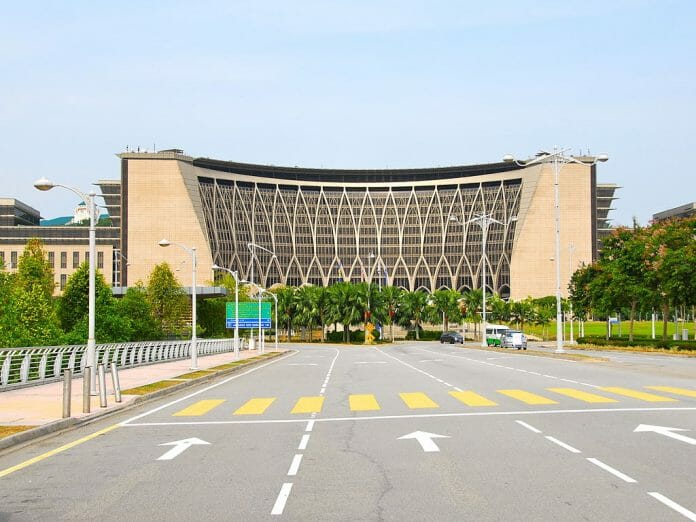
With the country still reeling from the pandemic, the government had previously announced a slew of programmes and more fiscal assistance as part of its efforts to boost the economy.
In 2021, the budget deficit is predicted to rise to more than 60% of GDP. Since the outbreak of the Covid 19 pandemic, the government has presented eight assistance packages in addition to Budget 2021, with RM260 billion disbursed to 20 million rakyat and 2.4 million enterprises as of the end of July, and another RM300 billion to spend.
This includes an additional RM10 billion in direct assistance for the B40 and M40 groups, as well as targeted assistance for gig workers, the hard-core poor, the unemployed, and improved mental health care.
All of the administration’s actions should have elicited a positive response because this is a caring government; however, the mood is just the opposite.
While policymakers have been focused on managing the economy, they must also consider how people perceive the economy. If the economy’s fundamentals are good but public perceptions are negative, the economy is likely to deteriorate.
If, on the other hand, the economy is confronted with difficulties, but the issues are communicated to the public and suitable efforts are implemented within the time frame set, the economy will remain robust. It would be incumbent on policymakers to manage not only the economy but also the public’s perceptions.
Economics is also based on the concept of scarcity, with the belief that if resources were plentiful, there would be no need to study economics. It also implies that the public must be convinced that the few resources spent would benefit them in the long run, if not immediately, then eventually, and that government choice will invariably affect all sectors of the population.
The government must communicate the correct message to all stakeholders, including international investors, domestic investors, the average citizen (B40 M30), and even the top 20 because they are the country’s wealth producers.
This year got off to a tough start, with an increase of covid cases, hospitals bulging at the seams, a rising mortality toll, businesses going bankrupt, and significant unemployment among the general public.
With a sense of impending doom on the horizon, just declaring that substantial incentives are being given out will not help to improve people’s perceptions, which is crucial in boosting economic sentiment.
To begin, the government must recognise that all stakeholders must be assured that the government is taking proactive measures to combat the pandemic by increasing vaccination rates and providing proper care to those who have contracted the disease.
In this regard, the newly appointed Health Minister, Datuk Khairy Jamalddin, should be commended for declaring that 15.16 million doses of vaccines will be delivered to states with a shortage of vaccines to help raise vaccination rates. In addition, he announced that SOPs would be simplified to assist Malaysians in preparing for the endemic phase of Covid 19.
Communication is crucial in managing perceptions and ensuring that varied allocations reach the intended audiences. Foreign investors must be assured that the delivery system is successful and that the endemic problem of corruption is addressed through the strengthening of organisations such as the MACC.
Furthermore, there must be political stability and no major policy changes, particularly in terms of foreign investment laws.
Finally, the message to the average person is that the numerous economic incentives stated are directly intended to jumpstart their lives and help them get through a difficult period and that the government is easing the transition.
These financial handouts should be a sufficient incentive for producers to begin making investments, helped by the other incentives given to enterprises to ramp up production to meet the expanding demand.
The government must also state that the additional government spending will assist to boost aggregate demand and activity in the economy and that it will have a positive influence on the economy.
While there will always be negatives that hold the economy down, it is critical to dispel them with timely and appropriate information. The government has missed numerous opportunities to address public opinion, and it must do so by preventing rumours and grapevine, both of which are notoriously inaccurate.








